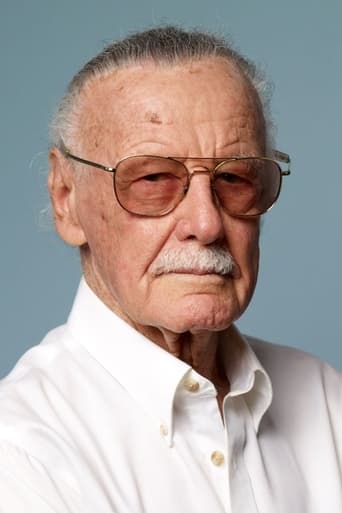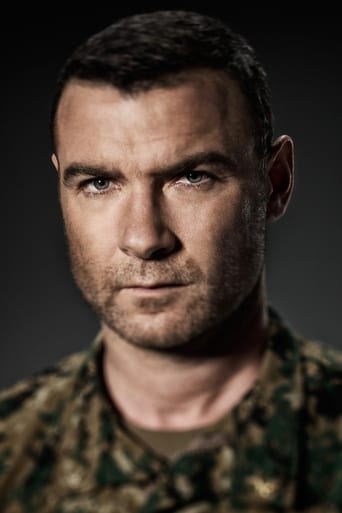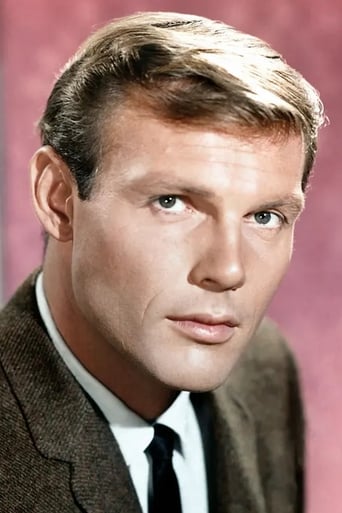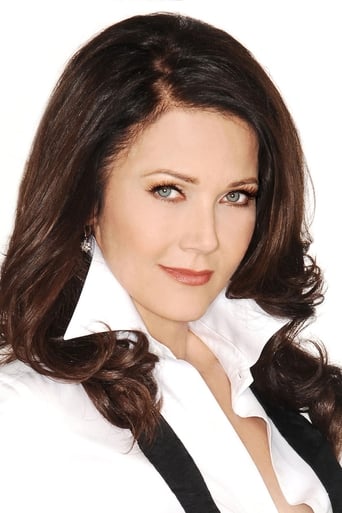Dalbert Pringle
"Superheroes: A Never-Ending Battle" is a 3-hour, 3-part program (plus bonus features) from the PBS network, covering a 70-year retrospective of superhero worship in American pop culture.Through film clips, stills, and interviews - This well-researched documentary offers the viewer a decade-by-decade overview of a cultural phenomenon that stills prevails to this very day.From comic books, to action toys, to TV, and movies - If you are at all fascinated by the wide-spread history of modern-day superheroism, then, this intriguing presentation should be of some significant interest to you.
gavin6942
A comprehensive history of the superhero comic book fantasy genre and its influence on American culture.We learn that comic book history overlaps nicely with the immigrant culture of Jewish and Italian youth in New York, with artists and writers working under sweatshop conditions. From the same neighborhoods that gave us the Golden Age of organized crime, we also got the Golden Age of comics.We learn the origins of Superman, Batman and the Blue Beetle. Not the characters themselves, but how they were created. Who knew Batman was a ripoff of the Shadow? Or that Blue Beetle was given his name to trip off the Green Hornet? We even get a bit of World War II and Captain America (one of the few big Marvel characters to debut before the 1960s boom).Episode one touches on "Seduction of the Innocent", and the low point in comic book history. Batman was seen as a sexual deviant and Superman (despite being created by two Jewish men) was symbolic of Hitler's master race. Although only covered in a few minutes (this topic could and should be a full episode), the general point is hit hard.Episode two jumps up to the heroes of the 1960s, a big boom for Marvel Comics, largely inspired by the wonder and fear of nuclear power. The theme of radiation brought us the Hulk, Spider-Man, Fantastic Four. Solid writing also gave us stories that regular people could identify with (Peter Parker's dating and school troubles). And then there was the start of real diversity, thanks to Luke Cage and Black Panther.We also hear about Jim Steranko's reinvention of Nick Fury as a spy, and the innovation of writing a story without words. We have the Batman TV series, the Comics Code Authority's limitations, and more.
grendelkhan
The PBS documentary tries to encapsulate 75 years of comic book superheroes in just under 3 hours. In this attempt, it succeeds. However, in doing so, it either glosses over or outright ignores a lot of really interesting characters and creators. It does a fine job of illustrating why people have connected to these outrageous characters, and why they have survived low sales and bad attempts to adapt them into other media. It is peppered throughout with notable writers and artists, who add personal detail, as well as some authoritative comic historians, plus a celebrity or two.The Good: The first hand accounts add a lot of detail and make for some entertaining segments. You get to see people like Joe Simon (co-creator of Captain America), Joe Kubert (artist on Sgt Rock and Hawkman), Carmine Infantino (artist on Flash, Marvel's Star Wars, and onetime DC Publisher), Jerry Robinson (co-creator of the Joker), Irwin Hasen (artist on DC's Wildcat and the newspaper comic Dondi), Jules Feiffer (playwright and cartoonist), Jim Steranko (Nick Fury, Agent of SHIELD and a comic historian), Len Wein (co-creator of Wolverine and Swamp Thing), Gerry Conway (Spider-Man writer and Marvel editor-in-chief), Denny O'Neil (Batman writer/editor), Neal Adams (artist on Batman, Green Lanter/Green Arrow, and X-Men), and Stan "The Man" Lee, plus many others. It hits the major points well and at least tries to highlight some of the other, less familiar books and creators. The historians add some context to things and articulate well why kids of the different periods were drawn to these characters, their motivations changing as the society changed. It provides plenty of visual detail, from the comics and other media, including things like the Adventures of Captain Marvel serial and the Superman theatrical cartoons, as well as TV shows and movies. Finally, the appearance of Lynda Carter and Adam West adds some scope to the media adaptations of these characters.The Bad: The narrative is heavily filtered through the lens of "other media." The main focus is on characters who have appeared in movies, cartoons, live action shows, radio shows, and the like. There is very little mention of a character that does not have an available movie or TV clip. This includes much discussion about characters who were featured in movies and TV, but the footage wasn't easily obtainable. We see a scene from one of the Captain America TV movies, and pieces from the recent Marvel movies, but not the Republic Captain America serial. We don't hear much of anything about other companies, besides DC and Marvel, who published superheroes, except those companies who sold their characters to the big two (Fawcett and Quality Comics) or broke away from them (Image Comics). This leads to some incorrect statements, like that Captain America was the first patriotic hero (it was The Shield, from MLJ/Archie). The documentary also fails to really explore some of the literary ancestors of the superheroes, apart from the pulps (and even that mainly focuses on The Shadow). Finally, three hours barely scratches the surface. There is a companion book available, but it doesn't add much outside detail to what was presented in the feature.In the end, this is a great documentary for someone who knows superheroes from movies or TV and wants to know more. For the long time fan, the interview subjects are the real attraction, as much of the rest of the material will be very familiar. The subject begs for more time, but you get a pretty good story for your 3 hours. It makes for a decent addition to schools and libraries, who wish to have reference materials for their graphic novel sections. Definitely worth watching.



